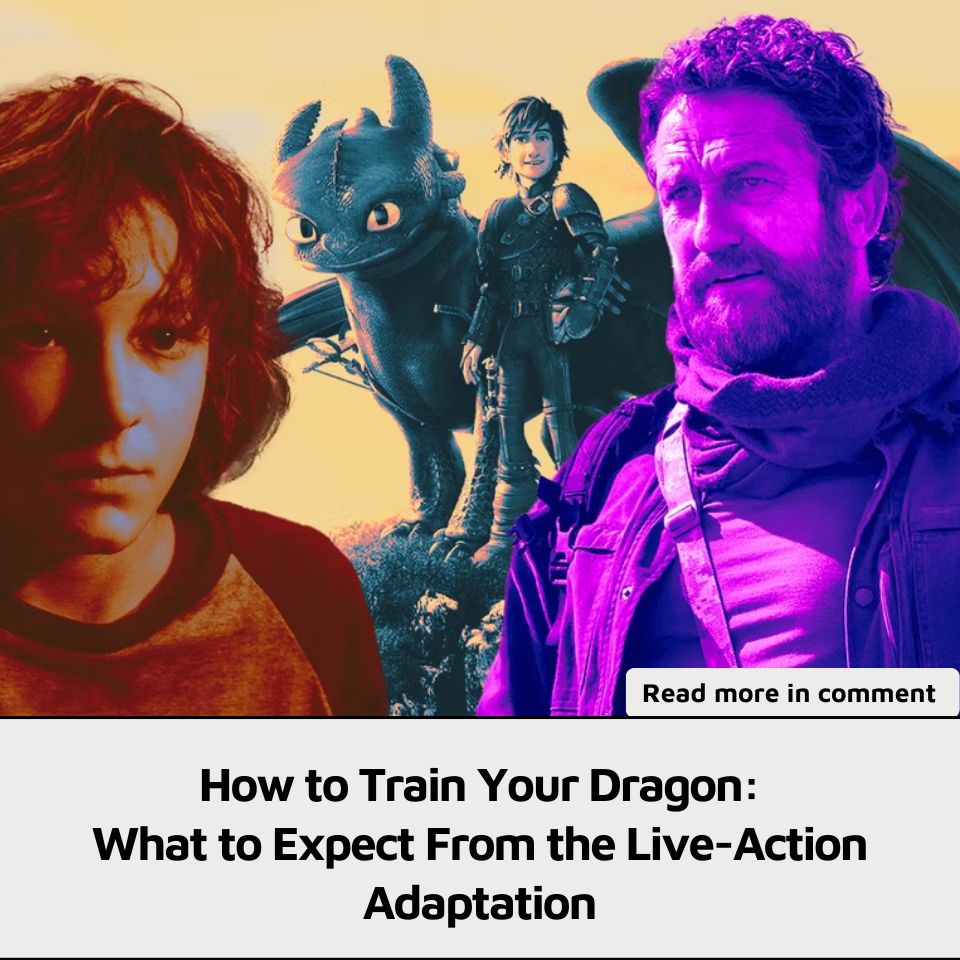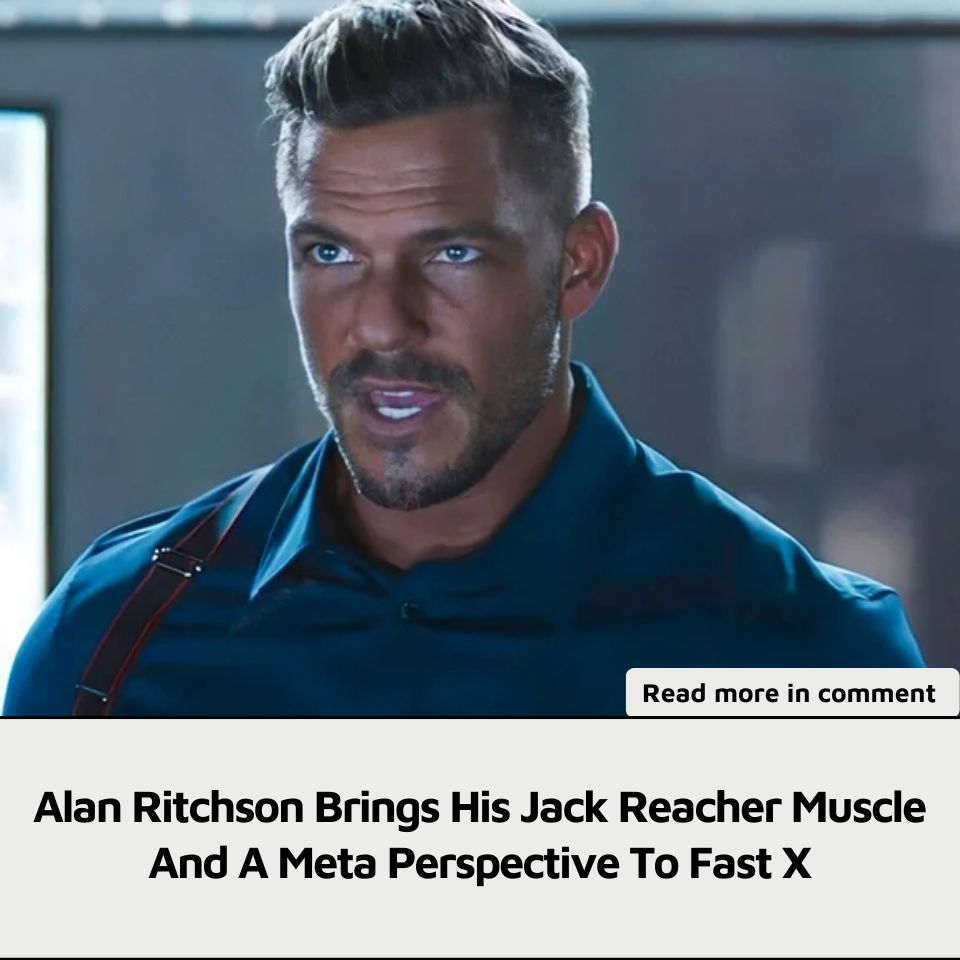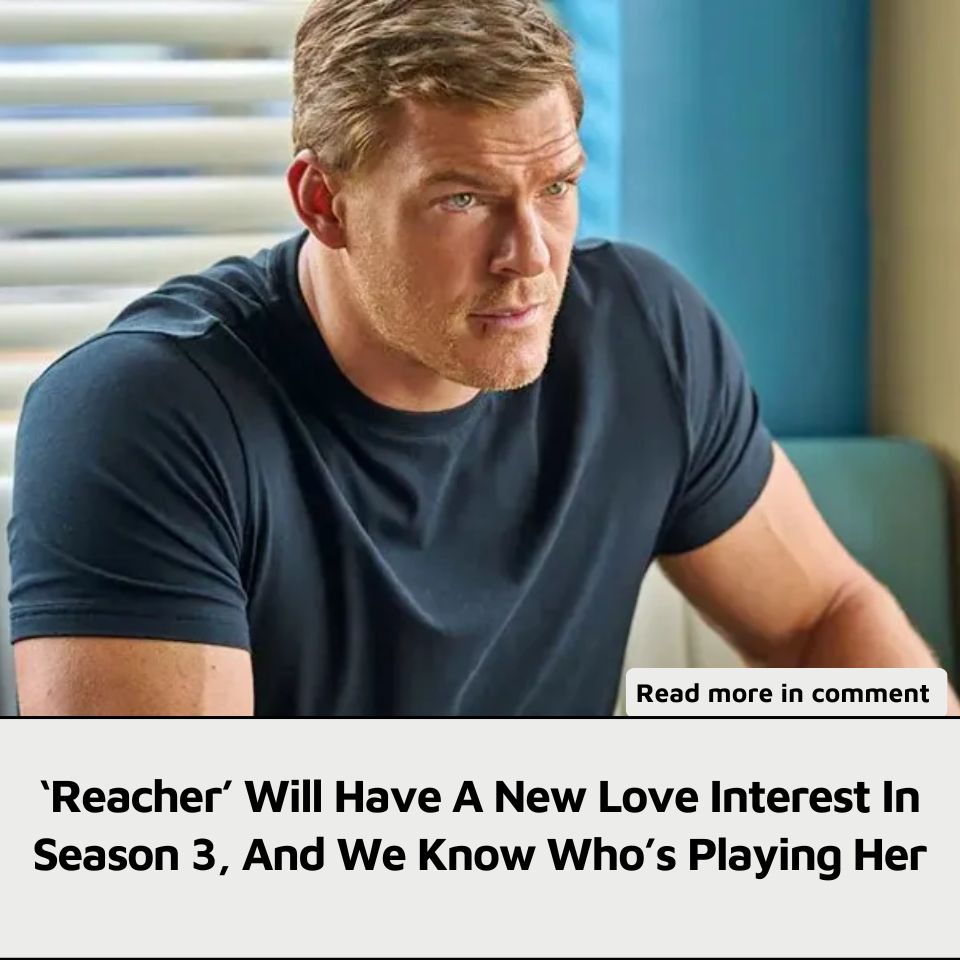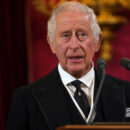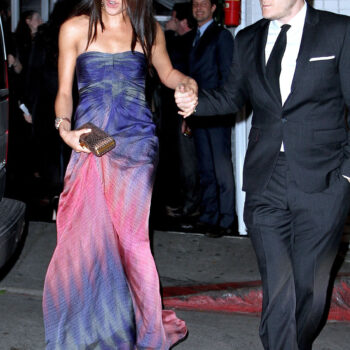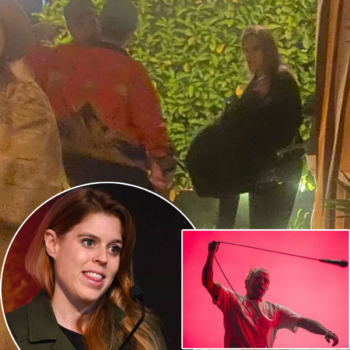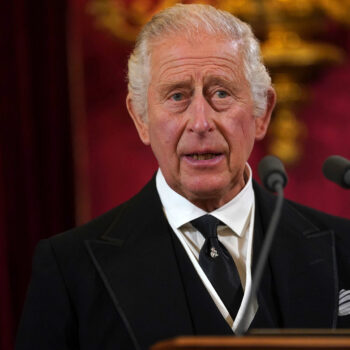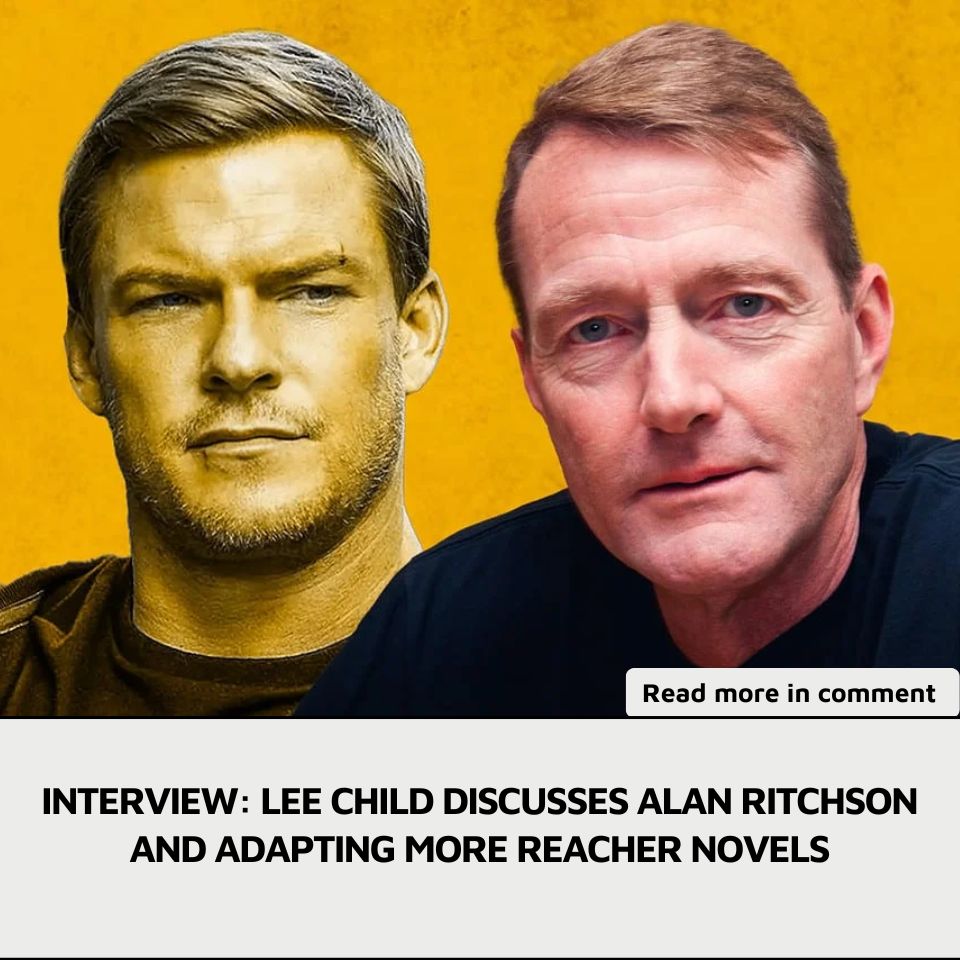
INTERVIEW: LEE CHILD DISCUSSES ALAN RITCHSON AND ADAPTING MORE REACHER NOVELS
Summary:
Lee Child is happy to see his Jack Reacher novels adapted for the screen and believes it is a natural progression from letting readers own the character.
The screen adaptations do not alter the books, as all the words are still there, but provide a presentation of the story on screen.
Lee Child is involved in the process of adapting the novels for the screen and has seen the final cut of Season 2 of the Reacher series.
Author Lee Child has become synonymous with the Jack Reacher franchise. While the novels continue to be popular among action-thriller fans, the character has stepped out of the pages and onto the screen. First in two blockbuster films, starring Tom Cruise in the lead role. And more recently, as an Amazon Prime series where Alan Ritchson plays the rough-and-tough drifter who can make life extremely painful for those who cross him.
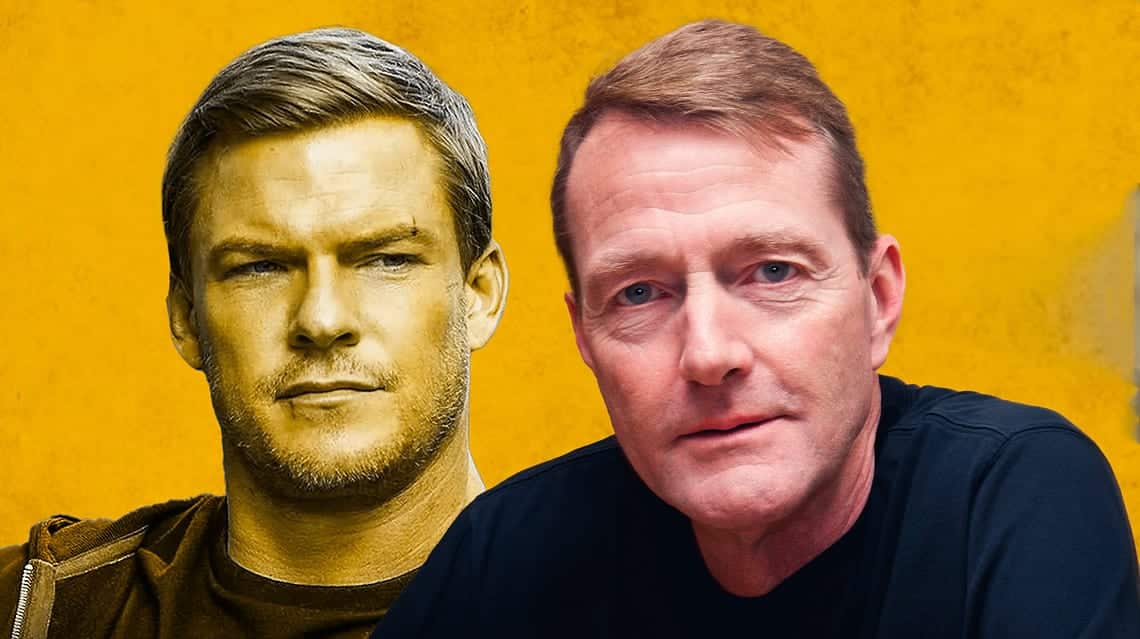
With Reacher Season 2’s arrival being around the corner, Fortress of Solitude caught up with Lee Child to discuss his experience on seeing his creation brought to the screen once again.
The author revealed why he thinks Reacher works well as a series while also explaining how he doesn’t want to tell Alan Ritchson what to do as the character. In addition, Child chatted about the possible adaptations of future novels — and the one book that might prove to be impossible to make.
Fortress of Solitude: As the author of the novels and the creator of the Jack Reacher character, you have had the opportunity to see how the character has been written and how the stories have been adapted. So, how does it feel for you to let go and see your stories and creations on the screen?
Lee Child: Yeah, that’s a great question, because the letting go part is assumed to be difficult. But actually, when you write a book, you want to let it go. You want that process to happen. You want the reader, in the first instance, to own the character. The reader needs to feel that Reacher is real, that Reacher is their friend, Reacher lives in their world. So really, your ambition from the very beginning is to let go and give the character away to the reader. And so, it’s not much more of a leap to say, “Yeah, let’s give it away to the screen.” So, it is not only not difficult; it’s what you want. So yeah, I was really happy to do it.
And from a writer’s point of view, you’re totally secure because whatever they do on screen does not alter the book, Lots of writers say, “Oh, what are they going to do to my book?” Nothing. They’re not going to do anything to your book. All the words are still there. What you’ve got is a presentation of it on the screen. And so, I was keen to do it, and I was keen to get going with it.
And generally speaking, I have been super happy with the way it’s done on screen, because the people making the show are Reacher fans. They’re doing it because they want to do it. Nobody’s holding a gun to their head and saying, “You have got to make this show.” They’re doing it because they want to. So, it’s their interest to make it as good as possible, just as much as mine.
The second season of Reacher is based on your novel Bad Luck and Trouble. First of all, have you had a chance to see the screeners yet?
Lee Child: Oh, yeah. I’m involved at every step of the way. We talk all the time. I see snippets here and there as they’re making it. And then obviously, yeah, they sent me the final cut. And I watched it all — binged it back-to-back. And then I watched it all again, because I thought it was great. And so, I’m very familiar with it. Actually, I can’t wait to see it on the real screen, because when they send you these snippets and final cuts, it has a watermark on it, so that if anybody leaks it to the press, they know who leaked it. So, I’m really keen to see it — the unadorned picture — which I will see along with everybody else pretty soon.
What do you think fans of the book and also non-fans can expect from this season specifically?
Lee Child: Well, the fans of the book are going to see a very, very dynamic but very true and accurate transliteration of the book. They haven’t changed anything for the sake of it. There are a lot of changes, because you have to do some changes from the page to the screen, but other than that, it’s totally faithful. So, the book readers are going to feel really satisfied.
But we also have to recognise that there are people who don’t read books, and there are people who haven’t read my books yet, and the TV will reach them too. And they’re gonna see — they’ve probably never seen it before — but they’re going to see Reacher exactly how I want him to be seen, so that they’re going to enjoy it too. And maybe they’ll then carry on to read the book, maybe they’ll just wait for Season 3, but they’re going to be in the universe too.
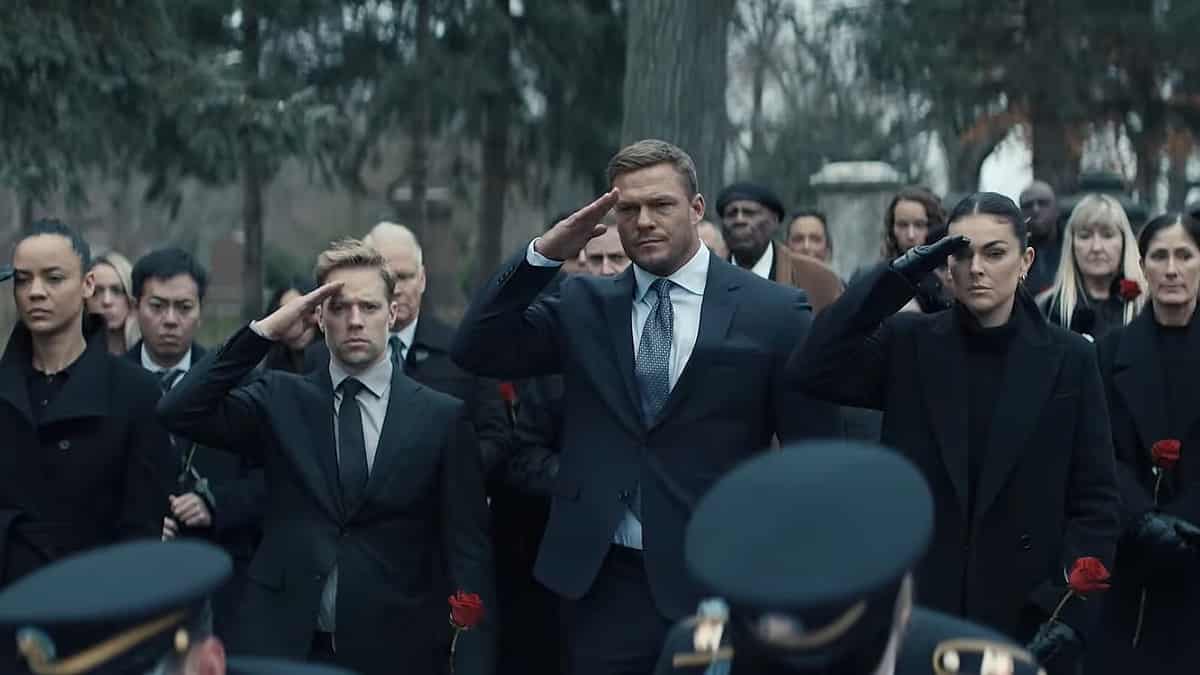
Reacher as a character, he’s a drifter. He moves from place to place. Do you believe this actually makes him the ideal character for a television show? Because essentially, every new season can feature brand-new cast of characters apart from the lead.
Lee Child: Yeah. I mean, there’s an advantage in that. There’s also a disadvantage in that. I see the advantage in it, because that’s the way I wrote it. I want something new every time. I don’t want to be trapped into one particular lane or channel. I didn’t want him to be a cop in a certain city, or a private detective in another city. I wanted him to be able to go anywhere and do anything. So, there’s a lot of advantages in that every season will be new and fresh, and a whole different context of storytelling.
The disadvantage in that is that you have got to kind of reinvent the wheel every time. You have got to have a new cast and a new location. Nothing carries over. So, everything needs to be redone each time, which means that the new cast has [doesn’t have] familiarity. It’s not a soap opera; they have to be introduced. But that’s down to the skill, primarily of the screenwriter and primarily the actors. And what really was great in Season 2 is how quickly that happens.
Because the story of Season 2 is Reacher is back together with his old unit — the people whom he worked with so intimately and so intensely. So, it was really important that immediately we had that ensemble feel from the very first minute. And actors are so talented that they have possibly never met each other before that day, but immediately, they look like best friends. That is their talent. And that was what was important, and that’s what we see on the screen.
In a previous interview, you said you were quite heavily involved in the casting of Alan Ritchson as Reacher, and he also read the entire series to prepare for the part. Have you and Alan reconnected since then or on a regular basis to discuss the character even further? If so, what kind of questions does Alan ask about Reacher?
Lee Child: My preference for any of these processes is to be very careful about who you choose. And we put a lot of thought into the casting; it was super important. I mean, obviously, Reacher is the title of the entire series. Reacher the character carries all the weight. So, it was incredibly important we got the right guy, and I’m confident that we did.
And having gotten the right guy, what I believe is you let them get on with it. You don’t fuss, you don’t prompt, you don’t nag at them. They need the confidence that they can just be the character without worrying about what I think.
Alan and I are super friendly — we have a good time. Most of it is trash talking, to be honest, in that sort of jocular way. But I need him to feel secure, that I trust him that he can do what he needs to do without worrying about it.
So, Reacher Season 1 is based on Killing Floor and the second jumps ahead to Bad Luck and Trouble. Which of your Reacher novels would you personally like to see adapted for another season?
Lee Child: Well, that’s a great question. And the easy answer to that is I want them all adapted. Year after year, that would work for me. [Smiles]. So then it becomes a question of: What order do we do them in? Which is a lovely question to have. Some of them aren’t going to work. 61 Hours is a book that I really like as a book, but I realised that can never be visual because it is this snowbound landscape, and that is very difficult to create. And it is also impossible to do take two, because take one has already put footprints in the snow, [so] you can’t do take two.
Some books are going to be impossible. So, what we’ll do with them [is] we will steal any good lines or any good scenes and shift them to other stories. So other than that, though, there’s infinite choice, and I look forward to those conversations. It’s fun talking to the crew. We get on the phone, and we say, “All right, what next? What should we do? Which one would be good?” And it’s a long process because there’s so much to think about.
